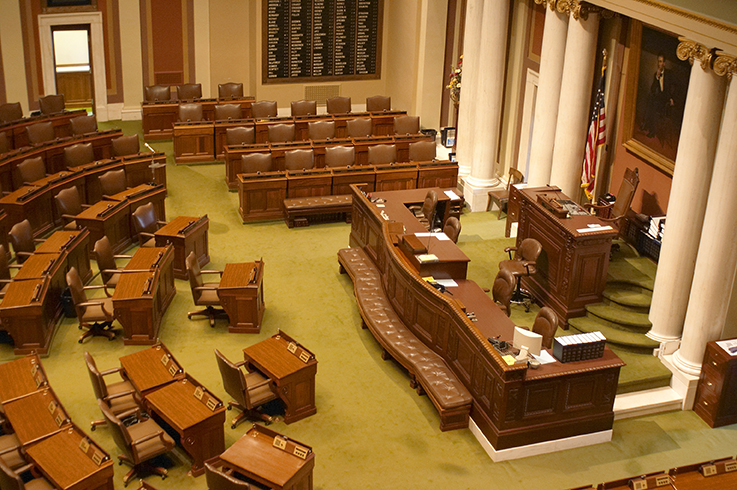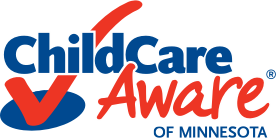End of Session Reflection

Reflecting on the outcome of this most recent legislative session, it is truly a test of the glass half-full or glass half-empty perspective. I land on one-fourth full, three-fourths empty, and disappointment over lost opportunities.
The year started hopefully, with a new Governor and Lieutenant Governor who both support early education. Their budget had investments in the Child Care Assistance Program (CCAP), including funding to increase the provider reimbursement rate and to move more families off the waiting list, and new measures to conform to federal requirements. There was also a bipartisan desire to address child care availability, particularly in Greater Minnesota.
In fact, a whopping 257 bills early education bills were introduced, heard, and incorporated into the original House and Senate omnibus bills, more than any previous year in memory.
Because of these factors, we were hopeful that there would be significant “wins.” So, what happened?
First, the budget picture that looked rosy in November turned downward in February, making it more difficult to propose large, long-term investments.
Next, while there was agreement that the state needed to shore up child care, opinion was divided on why providers were leaving the field: was it solely due to over-regulation, or was it low compensation and other workforce issues? The rhetoric around this issue grew more heated and divisive as the session went on.
Finally, the CCAP fraud issue from last session came back with a vengeance as additional Office of Legislative Auditor reports were released, and the Senate majority made this the focus of their child care package by calling for CCAP’s elimination and freezing funding. The House included measures to prevent fraud, but stopped short of calling for elimination.
When you see planes pulling banners over the Capitol that read, “stop child care fraud,” you know the debate has gone well beyond the typical level of discussion and dialogue. The result was a stalemate; no elimination, but no new funding either.
Despite these challenges, there were some wins:
- Early childhood was added to the list of “high demand” degrees that students can pursue with workforce development scholarships.
- Funding was allocated to continue the Early Childhood Longitudinal Data system, which was due to run out of its original funding.
- Funding was added to help build and sustain the supply of child care through the Minnesota Initiative Foundations and Department of Economic Development grants.
- A new Early Learning Scholarship Account was created, so that any unspent scholarship money can be used for families on the waiting list. Access was also increased for homeless families.
A few thoughts about what needs to happen next:
The Legislature created a 25-member Family Child Care Task Force to address barriers for providers. Hopefully, this can result in improvements in communication, consistency, and transparency.
Minnesota still needs to address its remaining federal conformity issues with CCAP. Already, we may begin to see penalties which result in lost federal funding.
Finally, we need to take time to better educate Legislators – particularly the many new members – on the needs of parents and early educators that go beyond the issues that became flashpoints this session.
Anyone who works in advocacy knows that it is often a two steps forward, one step back proposition. While this is difficult to accept when we are talking about the lives of our youngest children, we need the persistence to come back again next year, and the next, until the glass is truly full.
